Anticipation has been building for weeks over whether President Trump and President Xi Jinping will achieve a breakthrough on trade tensions when they meet on the margins of the G-20 summit later this week in Argentina. President Trump and his staff have at various times stoked such expectations, suggesting that China wants a deal.
As significant as the trade discussion will be—particularly for investors, farmers, factory workers, and consumers sensitive to price increases on goods—it may end up being a sub-plot to a larger story. The lasting import of the meeting between Trump and Xi may be whether it leads to a resetting of ties between the world’s two largest powers, or whether it serves as a way-station toward entrenched enmity.
Recent trends in the bilateral relationship do not provide cause for optimism. The U.S.-China relationship arguably is more strained now than at any point since the normalization of relations in 1979. In recent months, the relationship has accelerated along a continuum from rivalry toward adversarial antagonism.
In the United States, a policy shift on China has been propelled by a sense that China is winning and America is losing in a 21st-century competition for global preeminence. To arrest this perceived trend, the Trump administration has adopted an increasingly publicly confrontational and zero-sum approach. Vice President Pence has linked progress on economic relations with security issues in a way that Beijing will interpret as evidence of an American effort to challenge China on all fronts. Pence also has touted the toll that President Trump’s trade actions have taken on China’s equity markets, and President Trump has taken credit for preventing China from surpassing the United States in terms of “economic power.” While the causality of these claims is questionable, the intent underlying them is not. The Trump administration views it as advantageous to restrain China’s rise.
From Beijing’s perspective, Washington’s actions reflect the predictable pattern of a declining power trying to hold back the rising power. Many Chinese experts have been forecasting for decades, and particularly since the global financial crisis, that Washington would resist China’s rise. Other Chinese experts have linked the Trump administration’s hawkishness on China to its inability to solve societal challenges at home, such as stagnant wages, growing income inequality, and political polarization. They argue that China presents a useful diversion for Trump away from problems closer to home.
These mainstream Chinese analyses absolve China of responsibility for the downturn in relations. By treating Washington’s activism toward China as a symptom of America’s insecurity, Beijing is eliminating the rationale for resolving irritants with Washington. According to this logic, bending to Washington’s demands on trade or other issues would not eliminate America’s anxieties, but it could compel Trump to pocket concessions and demand more, and thus, it would be better for Beijing to stay the course than to mollify Washington’s concerns.
Against this backdrop, it is not surprising that there have been notably few breakthroughs borne of bilateral negotiation on issues of importance to the United States since President Trump assumed office. This, in turn, has fueled frustrations in Washington, contributing to a growing sense within parts of the Trump administration that negotiating with the Chinese is fruitless. American proponents of the view have had their hand strengthened by reports that Beijing has backslid on past pledges, including its commitment to refrain from government-sponsored, cyber-enabled economic espionage for commercial gain.
Intensifying antagonism and diminishing confidence in diplomacy have created ripe conditions for mutual miscalculation. Already, there have been instances when the United States has taken actions—for example, with respect to Taiwan—it has seen as incremental, but which Beijing has interpreted as significant. The same holds true in reverse, where Beijing has adopted measures that it views as in line with other countries’ behaviors, but which Washington views as intolerable interference in its internal affairs. Case in point: Geographically targeted tariffs and propaganda inserts in newspapers in districts that supported Trump’s 2016 presidential campaign.
Previously, both sides could rely on sustained and continuous communication at authoritative levels to clarify intentions and shrink space for mutual miscalculation. Such channels no longer function, or when they do, such as in the U.S.-China Diplomatic and Security Dialogue, they generate largely perfunctory recitations of grievances about the unacceptability of the other’s actions.
At this point, nothing short of leader-level intervention will arrest the current downward trend in the relationship.
At this point, nothing short of leader-level intervention will arrest the current downward trend in the relationship. If Trump and Xi are to do so on the margins of the G-20, both leaders will need to gain confidence in the direction the other seeks to take the relationship. They both could do so while allowing for a highly competitive bilateral relationship. As long as competition is undertaken within mutually understood parameters, it need not be destabilizing. Those parameters do not currently exist, and as a consequence, there is growing risk of mutual miscalculation leading to unintended escalation.
It remains to be seen whether Trump and Xi will be up to the task of identifying the need to develop parameters around acceptable competition, and in the process, setting a constructive tone and direction for the relationship. President Trump has in the past shown a propensity to breezily declare victory on problems in the absence of agreement on details (e.g., Trump-Kim summit in Singapore). It is possible that Trump could act on such impulses again, for example by declaring a truce with Xi on escalation of trade tensions. Even a trade truce, though, likely would have a short shelf-life, absent an overarching commitment to reset the bilateral relationship.
If, instead, Trump doubles down on Pence’s recent public demands for wholesale changes to China’s economic and governance models as the price Beijing needs to pay to avoid a new Cold War, and Xi dismisses Trump’s demands as the insecure posturing of a declining power, relations between the world’s two most powerful countries likely will get even bumpier in the months ahead. In such a scenario, trade likely would not be the only area of the relationship to experience an escalation of tensions.
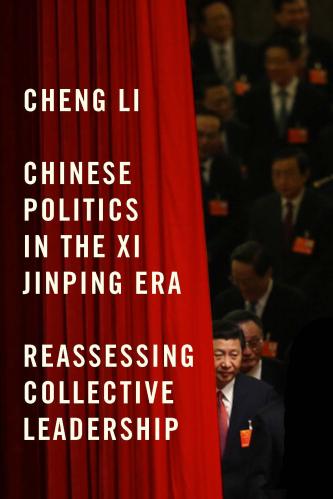
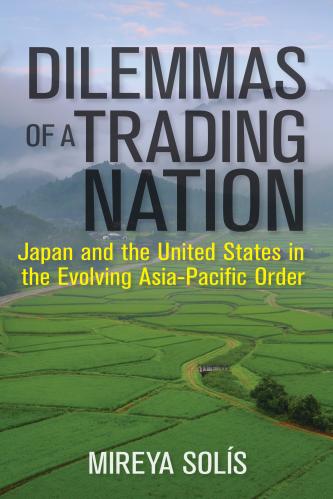
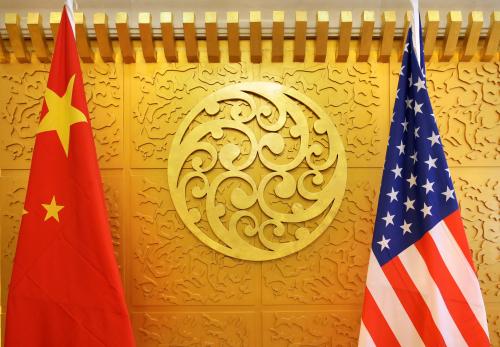
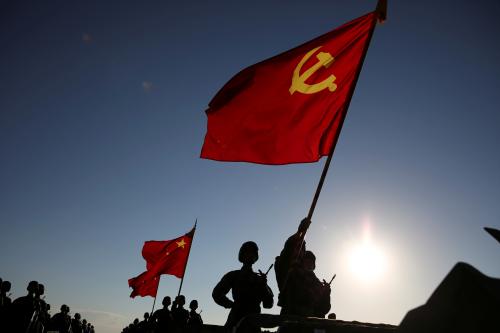
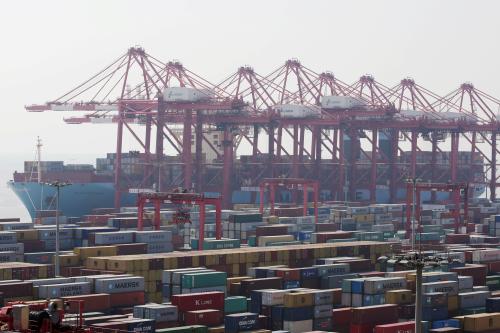

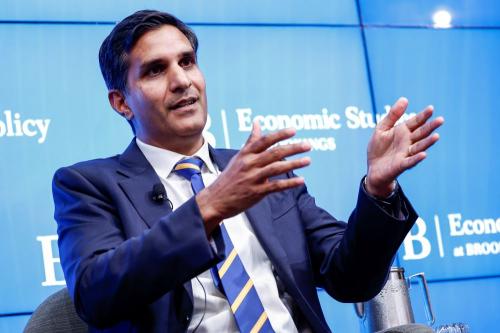

Commentary
Trade deal or not, the long-range prospects for US-China relations are growing more troubling
November 26, 2018